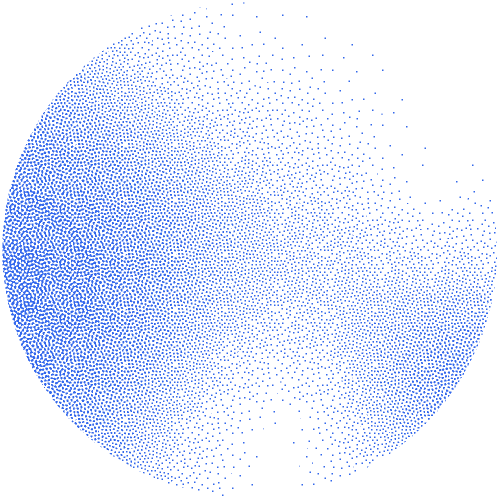A tool to widen access to resources of glycobiology
Many proteins on the surfaces of cells can have glycans present on them which...


In the Proteome Informatics Group (PIG), we are involved in software and database development for the benefit of the proteomics and glycomics communities. These resources are made available through the Expasy server. Software tools support experimental mass spectrometry data analysis, mainly for the detection of posttranslational modifications, with a strong focus on glycosylation. We also develop integrated tools and databases to query knowledge of carbohydrates attached to proteins, carbohydrate structures and protein-carbohydrate interactions.
The group develops the SIB Resource Glycomics@Expasy, a portal of expertly curated databases and software tools for glycoinformatics